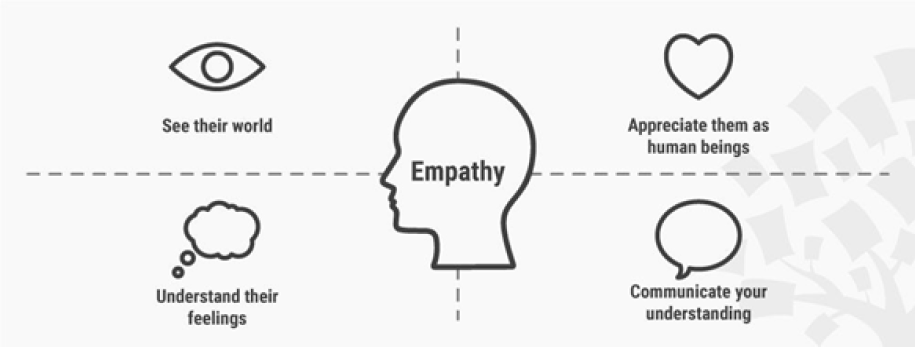Thinking Innovation
Dr Mala Palani
Director, Indus Research and Training Institute, Bengaluru
In the book The Innovator’s DNA: Mastering the Five Skills of Disruptive Innovators, Jeffrey H. Dyer, Hal B. Gregersen, Clayton M. Christensen have identified a few skills and behaviours of top innovators:
- Associating: the ability to connect seemingly unrelated questions, problems, or ideas from different fields. Therefore, school education must focus on building interdisciplinarity and conceptual teaching.
- Questioning: asking why, how, what and what if questions is a mental muscle that gets better with practice. Many thought leaders have said that finding the answers is easy as long as we ask the right questions. Here are a few features of the questioning mind of innovators:
- Opposable Mind: More than 60 years ago, F. Scott Fitzgerald saw “the ability to hold two opposing ideas in mind at the same time and still retain the ability to function” as the sign of a truly intelligent individual. Innovators have the advanced ability to ‘hold two diametrically opposing ideas in their heads without panicking or simply settling for one alternative or the other, they’re able to produce a synthesis that is superior to either opposing idea,’ says Roger Martin in The Opposable Mind. Education focussing on building innovation-minded learners encourages debates, arguments, free- thinking, and open-minded conversations.
- Viewing constraints as opportunities: limitations can promote newer thinking. Classrooms focusing on innovations, embrace limitations as opportunities.
- Observing: Innovators can see what most commoners cannot see. Akio Toyoda regularly practices Toyota’s philosophy of genchi genbutsu—“going to the spot and seeing for yourself.” Observing helps innovators to empathise with the people, the situation – this is the key to succeeding in finding impactful solutions. Observing skills can help innovators to:

Observation can be done before, during and after the solution is developed. Education must focus on building a data-minded way to observe people, situations, and to see patterns in them to identify the phenomena.
- Experimenting: Edison is famously known to have said, “I haven’t failed. I’ve simply found 10,000 ways that do not work.” The world is the laboratory for innovators. Having been observers, experimenters understand situations. Then they use their creative thinking ability to construct unorthodox experiences and collect data. This data is then used to improve their next experiment. Education must build a hypothesis-testing mindset.
- Networking: collaboration is a key to innovation. Teams of cognitively diverse individuals can together come up with ideas. To identify and work in diverse-minded teams is a skill best learnt in schools.
Thinking innovation begins with thinking of others; with the view to solve problems #innovation #itariforinnovation #teachinginnovation # bestteachereducation #pgde